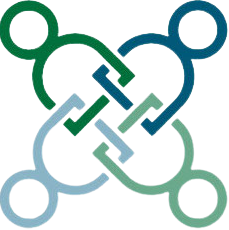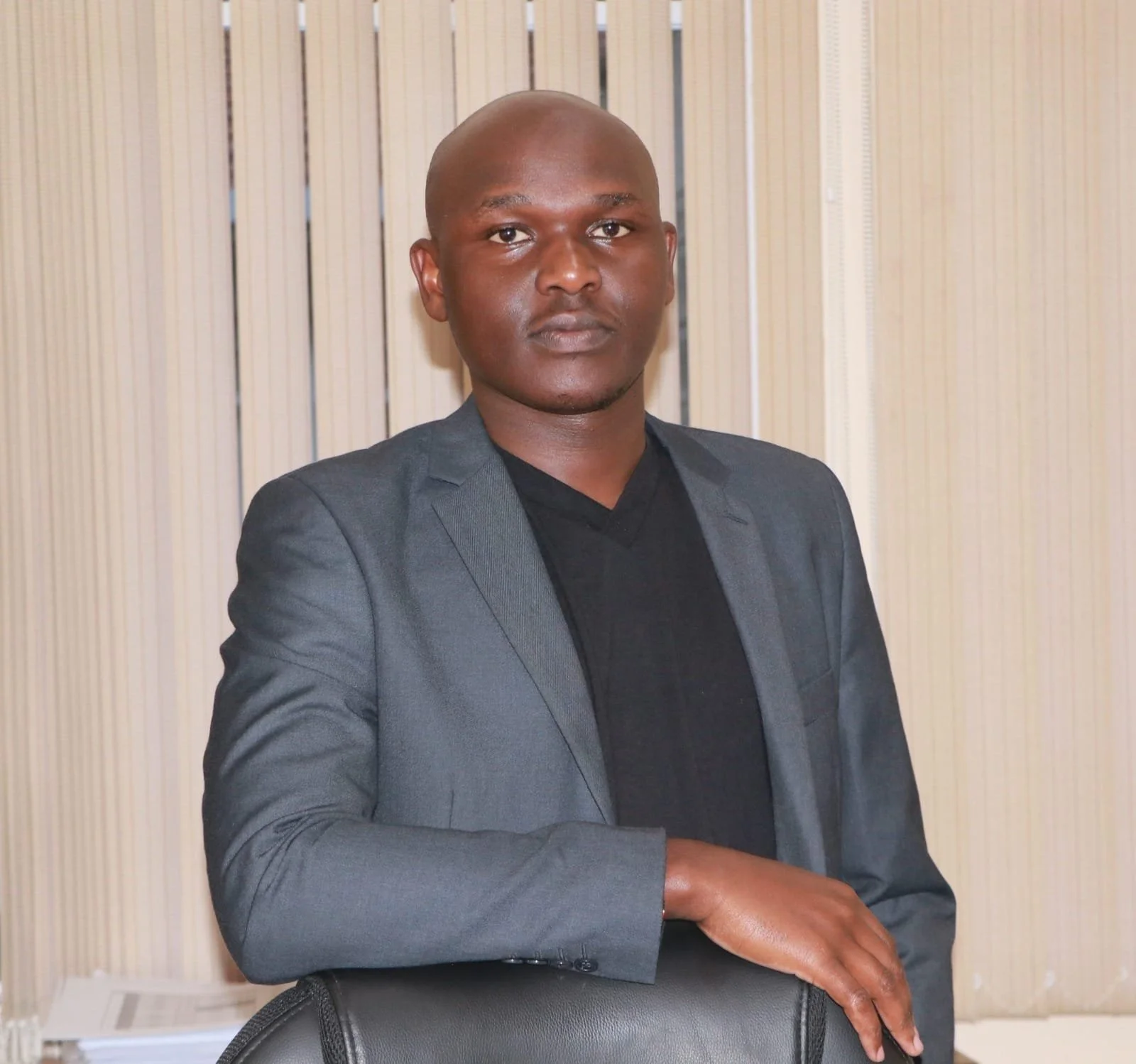Beyond the Classroom Walls: My Service-Learning Journey in Africa
What does it mean for a university to truly serve society? This is a question I continue to wrestle with, not only in my professional journey at Tangaza University in Kenya but also through my engagement with the Africa Regional Hub of the Uniservitate Network (https://www.uniservitate.org/). For me, education has never been merely about acquiring credentials or climbing the career ladder - it is fundamentally about transformation: of the self, the community, and the systems we live within.
When I first encountered the concept of service-learning, it felt like a bridge between theory and lived experience - a pedagogy that refuses to separate academic excellence from social relevance. At Tangaza, this approach isn’t a peripheral program; it’s woven into the institutional DNA with the Motto, “Teaching Minds, Touching Hearts and Transforming Lives.” Rooted in Catholic Social Teaching - which emphasizes human dignity, solidarity, and the preferential option for the poor - and African Communal Values that prioritize collective well-being, interdependence, and mutual responsibility, service-learning invites students to step outside the classroom, enter real-world spaces of struggle and hope, and return with deeper insight, empathy, and purpose.
One of the most powerful expressions of this has been our work with prison officers in Kenya. Tangaza's initiative, Unlocking Prison Boundaries, a psychosocial support program offered by volunteer students pursuing degrees in counseling psychology, was not just a project - it was a reimagining of support and dignity for those often forgotten in conversations about justice and wellbeing. The prison officers together with the psychology students led by their facilitators co-designed training modules addressing mental health, career growth, and emotional resilience. Through reciprocal dialogue, officers weren’t just “recipients” of knowledge - they were co-educators and catalysts for institutional change. That is the power of service-learning - it dismantles hierarchies and builds solidarity.
What has made this journey even more enriching is Tangaza's role as the Africa Regional Hub for Uniservitate. This global network has helped us connect, contextualize, and amplify African voices in the broader discourse on service-learning. In a continent often portrayed through deficit narratives, our Hub promotes stories of innovation, dignity, and faith-driven transformation. We have witnessed how African Higher Learning Institutions are reclaiming the narrative and redefining higher education as a driver of justice, peace, service and ecological responsibility.
The African context, like others in the Global South, presents a unique landscape shaped by rich traditions of communal learning and collective responsibility. While formalized models of Service-Learning may be relatively new in some academic institutions, the underlying values are anything but recent. There is a growing realization that the African philosophy of Ubuntu - "I am because we are" - is intrinsically aligned with the goals of service-learning. Similarly, the Kenyan concept of Harambee, meaning “pulling together,” reinforces the collective spirit of community-driven solutions and mutual support that service-learning seeks to cultivate. What we need are more platforms for collaboration, more locally grounded research, and more policy frameworks that move service-learning from the margins to the core of university missions. The International Association for Research on Service-Learning and Community Engagement (IARSLCE) is a leading example of such a platform - bringing together a global network of scholars, practitioners, and institutions to share knowledge, co-create research, and influence policy. As we celebrate its impact, we must also see it as a space for ongoing reflection and re-imagination of more equitable pathways for collaboration, representation, and shared leadership across diverse contexts.
At Tangaza, we are also embedding service-learning within the spiritual and reflective life of our students. Whether it's engaging with Small Christian Communities in Nairobi's Eastlands or participating in ecological justice campaigns tied to Laudato Si' - Pope Francis’ encyclical on care for our common home, which calls for an integral ecology that links environmental justice with social justice, we are encouraged to discern, act, and reflect continuously. It is through this cyclical process that students not only become better professionals but more humane citizens.
As I look to the future, I am hopeful. I see students designing community tech hubs in refugee camps, theologians integrating faith with civic responsibility, and networks like GradSN elevating our collective voice. But I also recognize the work that lies ahead: defining service-learning in our own terms, ensuring it serves both pedagogy and community, and making sure our models are inclusive, context-aware, and sustainable.
To anyone reading this who is just beginning their journey into service-learning: be curious, be open, and above all, be present. Our communities are not laboratories for learning - they are living ecosystems of knowledge, resilience, and love. When we approach them with respect and commitment, learning becomes not just an academic exercise, but a sacred act of service and justice.
Moses Mugambi holds a graduate degree in Economics and Information Technology and is currently pursuing a Master’s degree in Project Management with a focus on Monitoring and Evaluation. He is currently engaged in a fulfilling professional journey at Tangaza University which hosts the Africa Regional Hub for Uniservitate. In his role, Moses has had the privilege of witnessing firsthand the transformative impact of Service Learning on students and communities.
Deeply committed to the principles of community engagement and social justice, Moses has focused his research on student engagement and community participation within the context of Service Learning. His work has strengthened his dedication to advancing service-based education as a force for systemic change.
Inspired by the belief that education is a catalyst for transformation, Moses continues to explore innovative ways of connecting academic learning with real-world impact. He is passionate about nurturing a culture of ethical leadership, civic responsibility, and meaningful educational experiences across diverse learning environments.

